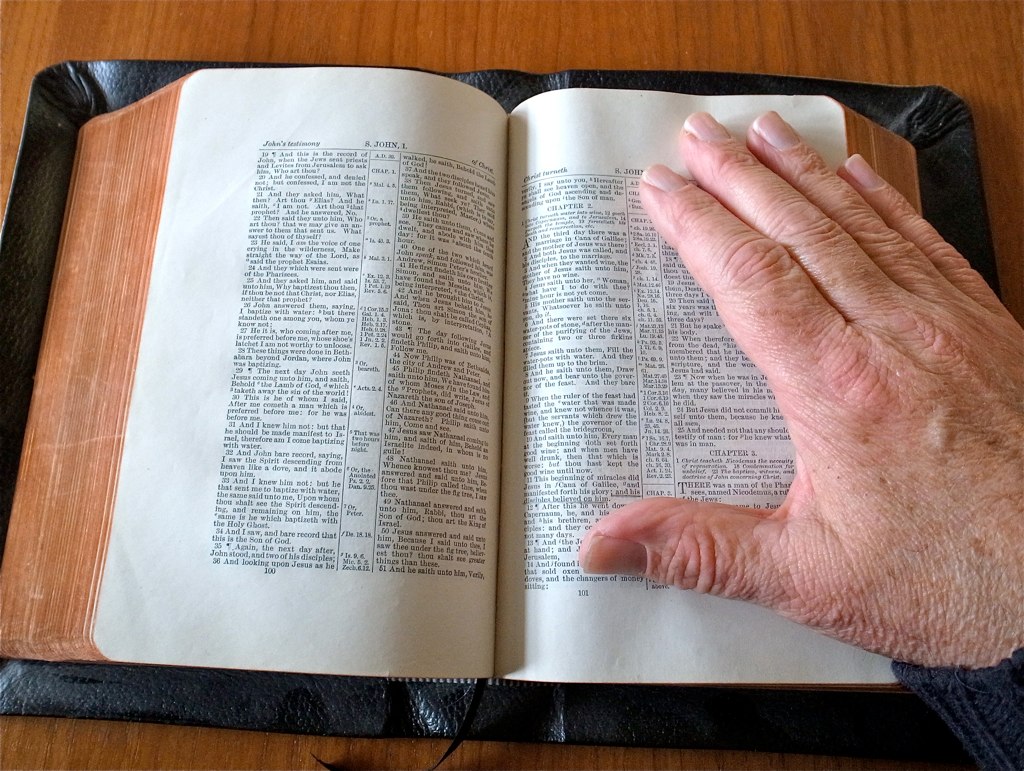Blog
“Training Our Kids During Isolation”
Categories: M. W. Bassford, Meditations
In every congregation I’ve ever been a part of, the message has been the same. Children’s Bible classes, as wonderful as they are, are not supposed to be anything more than a supplement to parents fulfilling their Ephesians 6:4 duty to bring up their children in the training and instruction of the Lord. How widely parents in any of those congregations have combined in-building training with at-home training, I have no idea.
Regardless of what Christian parents have been doing beforehand, things just got real in the teach-your-children department. If you’ve been bringing your kids to Bible class, they’ve been getting 90 minutes of instruction every week. If those Bible classes have been cancelled because of coronavirus, though, all of a sudden, their weekly Bible instruction has dropped by 90 minutes. Maybe it’s dropped to zero.
If, as I suspect will happen, restrictions on social gatherings are kept in place for the next couple of months, that’s a significant problem. Without in-home replacement, your kid is going to come back to Bible class thinking that Saul of Tarsus hosts a Minecraft channel on YouTube. Even those of us who have been doing teaching at home will need to step up our game.
The solution to the problem is not, I think, to invent a whole Bible-class curriculum for our children from scratch (though if you want to do that, it’s certainly fine). Instead, there are a number of alternatives that will help us bridge the gap without quite so much effort.
The first is to use daily Bible readings as a springboard for daily spiritual discussion. At Jackson Heights, Clay designed the Bible-reading program we’re using this year specifically with children in mind. The readings are all from the gospels, which means that many of them are story-based, and they’re generally short enough that even an early-stage reader can navigate them with help (particularly in a kid-friendly translation like the New International Reader’s Version).
Work through the day’s reading with your kids, and then spend 10-15 minutes talking about you’ve read. You don’t have to offer deep, compelling exegesis. Just make sure they have gotten the point and understand some applications.
There are, of course, plenty of other great reading resources for children out there. I know that in his Bible-reading posts, Edwin Crozier always includes a note for children. Those would be a great starting place too. I’m sure there are many other places to turn that I simply don’t know about.
Similarly, parents should take advantage of all the livestreamed-and-recorded sermons on YouTube and church websites. Jackson Heights has years’ worth of worship services on its YouTube channel, and the same is true for many other congregations. Just pick a sermon and listen to it with your children. If you can tell that they’re struggling to understand something, stop the video and talk through it with them.
Basically, whatever you might imagine would be useful for teaching your children during this time, there’s probably somebody online who has provided it. You can find curricula; you can find worksheets; you can find all sorts of things. The key is to look and be diligent, and to remember that God has entrusted your children not to the church, but to you. If you live up to your responsibility, your children will be benefited, and He will be pleased.





